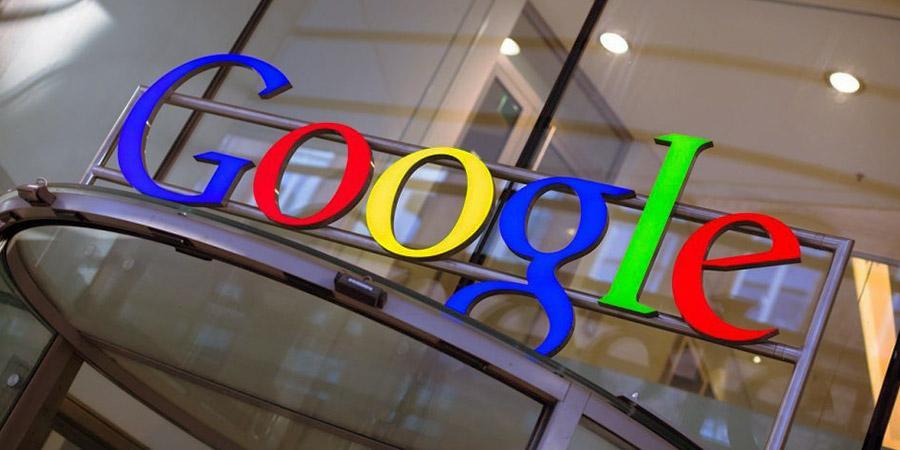Alphabet-owned Google is fighting back against the $2.8 billion antitrust fine it was given by the European Commission in June this year. The Californian tech giant has filed an appeal against the fine, which was the largest penalty ever given by the European Union's regulator.
The European Commission had ruled that Google's positioning of its own shopping comparison service at the top of Google search results was an abuse of power. If the practice continued, the Commission said, more fines would come Google's way.
At the time when the fine was imposed, the EC's Competition Commissioner, Margrethe Vestager, said Google was conducting activity that was "illegal under EU antitrust rules." Google "respectfully disagreed" with the ruling, but was given 90 days to end its "anti competitive" practices or else face another fine amounting to 5 percent of the average daily global earning of Alphabet.
The company "has systematically given prominent placement to its own comparison shopping service," the Commission claims. Furthermore, "Google has demoted rival comparison shopping services in its search results."
For instance, rival comparison shopping services appear in Google's search results on the basis of Google's generic search algorithms. Google has included a number of criteria in these algorithms, as a result of which rival comparison shopping services are demoted.
Evidence, according to the Commission, shows that even the most highly ranked rival service appears on average only on page four of Google's search results, and others appear even further down.
Google's own comparison shopping service is not subject to Google's generic search algorithms, including such demotions. As a result, Google's comparison shopping service is much more visible to consumers in Google's search results, whilst rival comparison shopping services are much less visible.
Google's "illegal practices" have had a "significant impact" on competition between Google's own comparison shopping service and rival services, the Commission claims. They allowed Google's comparison shopping service to make significant gains in traffic at the expense of its rivals and to the detriment of European consumers.
Given Google's dominance in general internet search, its search engine is an important source of traffic, the Commission claims. As a result of Google's practices, traffic to Google's comparison shopping service increased significantly, whilst rivals have "suffered very substantial losses of traffic on a lasting basis."
The Commission is now looking at other areas where it suspects Google may have abused its monopoly power, notably its Android mobile operating system, speculates BBC Technology Correspondent Rory Cellan-Jones. The Commission's ruling against Google "was seen as just the first shot in a wider campaign," he said.










